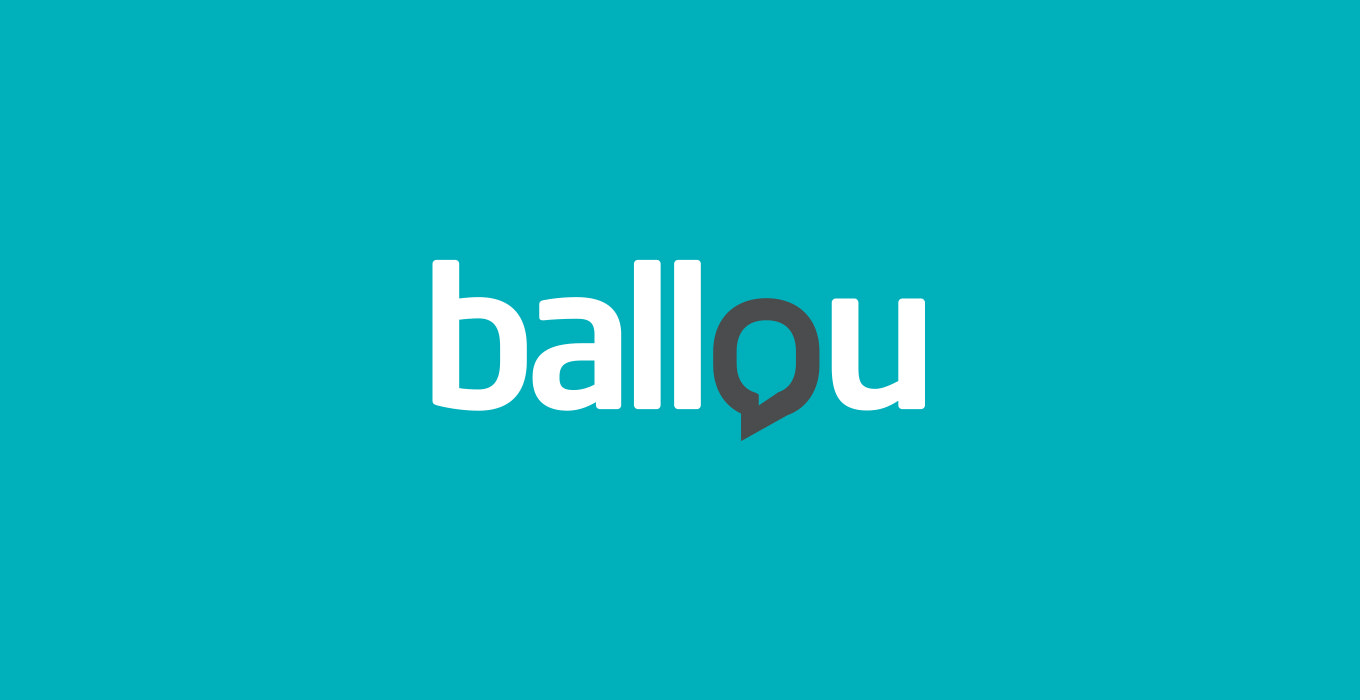An interesting article appeared this week on TechCrunch, surfacing an investigation by the New York Times into dubious tactics by Facebook. Facebook had, it claimed, sought to discredit its critics by using a third party to create particularly nasty whispering campaigns which, in some cases, even leveraged anti-Semitic sentiments.
An extreme example of negative PR, certainly, but the case highlights an important issue for those of us working in PR and marketing. Whether you are agency or client-side there will almost certainly come a moment in your career when you’re tempted to knock your competitors (or knock the competition on your client’s behalf).
Maybe a competitor stole your idea and was more successful at publicising it. Or it is making claims about its product or service that you feel sure are bogus. You need to set the record straight, right? And this isn’t just about your bottom line – customers and journalists alike will thank you for being so up front and honest and bringing all of this to their attention, won’t they?
Well, no. Tempting as it is to react publicly there are very good reasons for not doing so;
- It makes the story all about them. – The thing about mentioning a competitor, even when it is to criticise them, is that you’re bringing them to the reader’s attention. This will add to all the other mentions that they have presumably already had, (let’s face it, if they weren’t already getting a lot of exposure you probably wouldn’t be doing this in the first place). A casual reader often won’t remember why they’ve heard of a company, only that they have – unless there’s a major scandal of course. By making the story about your competitor you’re actually helping them do their PR.
- It makes you look like a follower, not a leader. – Ok, Facebook is a leader, but in general, leaders don’t get down in the mud and fight over the details. They rise above and pursue their own agenda regardless of what their competition is up to. In fact, the same is also true of good challenger brands. Both understand point 1.
- It ups the ante. – Ever had one of those arguments that you start in anger which then drags on and on, long after your anger has subsided, until you can’t even remember what you were arguing about and you’re exhausted? Like that. But more expensive.
- You are not objective, and your target audience isn’t stupid. – Context is everything. However justified your criticism of your competition, it will more than likely be viewed as a case of sour grapes by those reading it, many of whom will be your customers or potential customers. It is clear that you have a stake in, and can financially gain from, your competitor’s bad press. Better that the criticism come from a source who is objective in the eyes of the reader.
These points considered, there are ways in which competitors can be handled more subtly, without resorting to the kind of underhand tactics that Facebook is alleged to have employed. We’ll explore these in more detail in a future post, or if you can’t wait that long, get in touch for a free chat. No strings attached!

